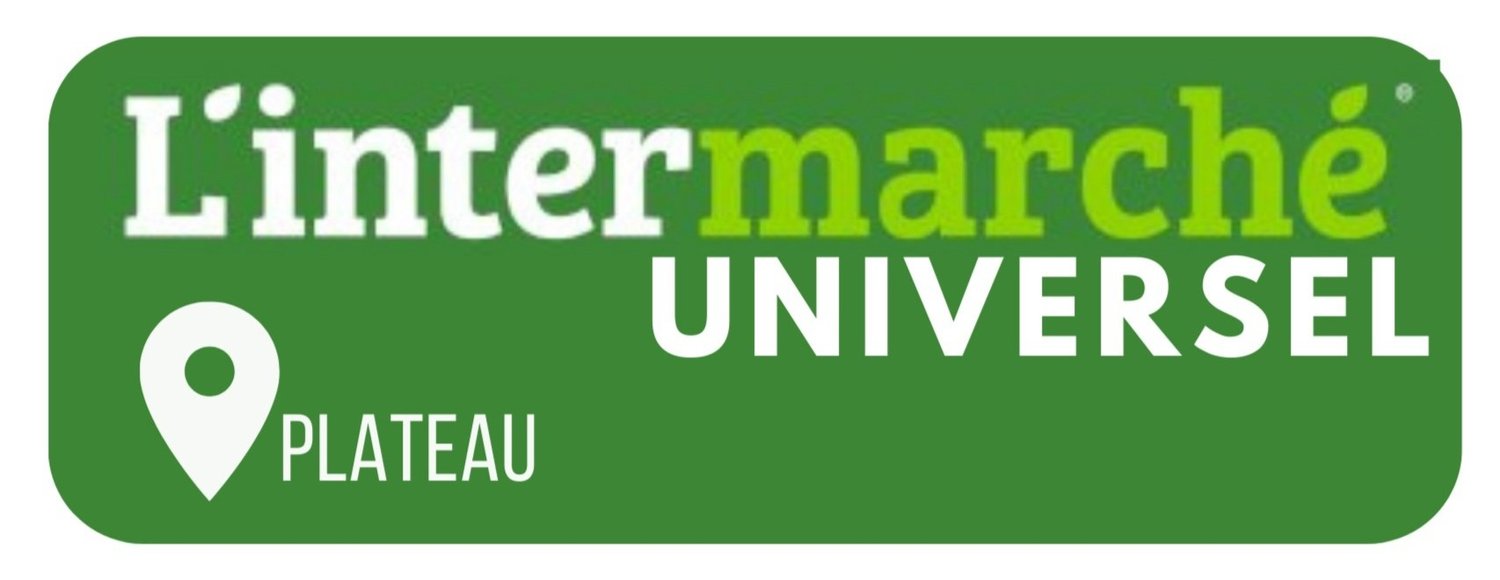Alternatives diets: benefits and drawbacks
Alternative diets are diets that are different from the traditional and standard diets that are followed by most people. Alternative diets are typically adopted by individuals who want to achieve a certain health goal, such as weight loss, improved health, or better digestion. There are numerous alternative diets available, each with its own unique set of benefits and drawbacks. In this blog post, we will discuss 5 of the most popular alternative diets, their benefits, and their drawbacks.
Vegetarianism and Veganism: Vegetarianism and veganism are two of the most popular alternative diets. Vegetarians do not eat meat, while vegans avoid all animal products, including meat, dairy, and eggs. Both diets are typically rich in fruits, vegetables, and whole grains, which are associated with numerous health benefits, such as improved heart health and reduced inflammation and risk of cancer.
However, both diets can be deficient in certain nutrients, such as vitamin B12, iron, and calcium, which are found primarily in animal products. Vegans, in particular, need to take extra care to ensure they get enough of these nutrients through fortified foods or supplements.
Paleo Diet: The paleo diet, also known as the caveman diet, is based on the idea of eating the way our ancestors did during the Paleolithic era. This diet typically involves eating lean meats, fish, fruits, vegetables, nuts, and seeds while avoiding processed foods, grains, and dairy.
Advocates of the paleo diet claim that it can lead to weight loss, improved digestion, and reduced inflammation. However, some critics argue that the diet may be deficient in certain nutrients, such as calcium and vitamin D, and may be difficult to sustain over the long term.
Mediterranean Diet: The Mediterranean diet is based on the traditional dietary patterns of countries bordering the Mediterranean Sea, such as Greece, Italy, and Spain. This diet typically involves eating plenty of fruits, vegetables, whole grains, nuts, and olive oil while limiting red meat and processed foods.
The Mediterranean diet is associated with numerous health benefits, including reduced risk of heart disease, diabetes, and certain types of cancer. However, the diet may be higher in fat than some other diets, which can be a concern for individuals who need to limit their fat intake.
Gluten-Free Diet: A gluten-free diet is a diet that excludes all foods containing gluten, which is a protein found in wheat, barley, and rye. This diet is typically followed by individuals with celiac disease, gluten sensitivity, or wheat allergy.
The benefits of a gluten-free diet include reduced inflammation and improved digestive health for individuals with celiac disease or gluten sensitivity. However, the diet can be difficult to follow, as gluten is found in many common foods, such as bread, pasta, and cereal.
Ketogenic Diet: The ketogenic diet is a high-fat, low-carbohydrate diet that is designed to put your body in a state of ketosis. This metabolic state occurs when your body begins to burn fat for fuel instead of glucose. The diet typically consists of 70-80% fat, 20-25% protein, and 5-10% carbohydrates.
Benefits of the ketogenic diet include weight loss, improved blood sugar control, and increased energy levels. However, the diet can be difficult to follow, and it may not be suitable for everyone, especially those with liver or pancreatic disease.
In conclusion, alternative diets can offer many benefits, such as weight loss, improved heart health, and increased energy levels. However, it's essential to understand the potential drawbacks and limitations of each diet before making a decision. Consulting with a healthcare professional or registered dietitian can help you determine which diet is right for you based on your health goals and individual needs.
